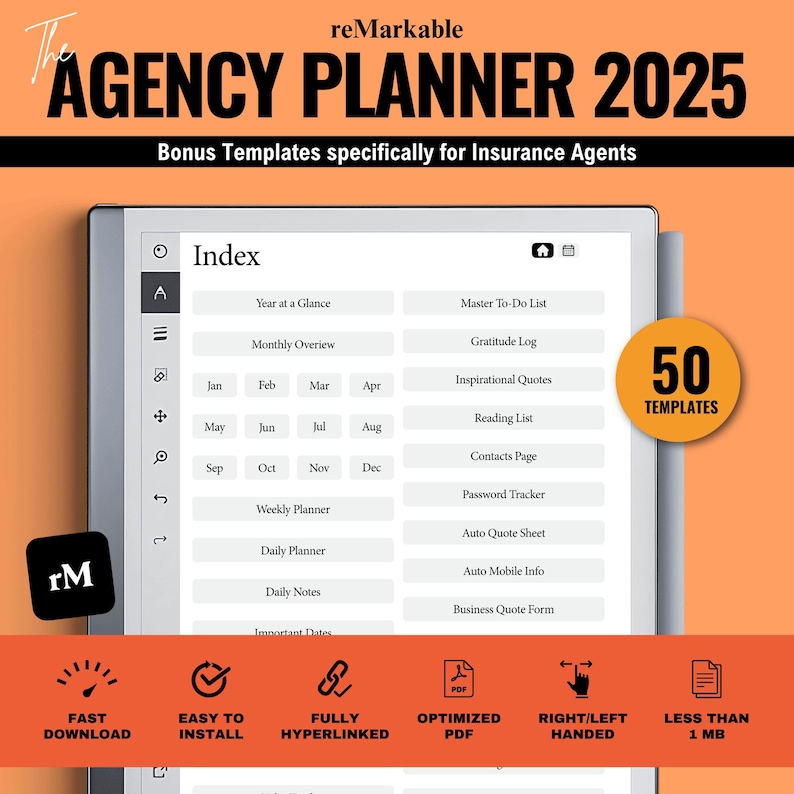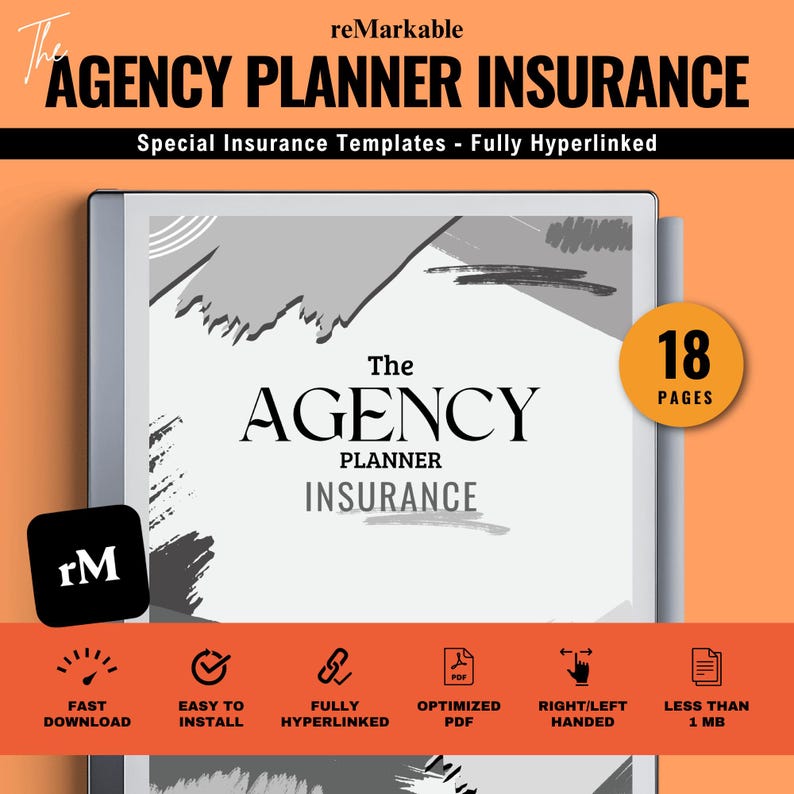When it comes to securing insurance, many of us focus on factors like age, health, and driving history — but have you ever wondered how background checks play into the equation? Whether you’re applying for life, health, or even renters insurance, insurers often take a closer look at your personal history to assess risk. In this blog post, we’ll break down how background checks can impact your insurance eligibility, what information insurers typically seek, and how you can navigate the process with confidence. Let’s dive in and demystify the connection between your background and your insurance options!
Table of Contents
- Understanding the Role of Background Checks in Insurance Applications
- How Criminal Records and Credit History Influence Your Insurance Rates
- Tips for Improving Your Background Report Before Applying for Insurance
- What to Do If Your Background Check Affects Your Insurance Eligibility
- Concluding Remarks
Understanding the Role of Background Checks in Insurance Applications
When applying for insurance, background checks serve as an important tool for insurers to assess risk. These checks often include a review of your financial history, driving records, and sometimes, criminal background. Insurance companies use this information to better understand your lifestyle and habits, which helps them determine the likelihood of claims being filed. Far from being just a formality, these checks play a crucial role in tailoring your policy and premiums to fit your unique situation.
Key elements that insurers look at during background checks include:
- Credit scores — They indicate your financial responsibility.
- Claim history — Past insurance claims can signal higher risk.
- Driving records — Important for auto insurance applicants.
- Criminal records — Can influence eligibility and premium costs.
Understanding these factors can empower you to be proactive before applying. Improving credit or resolving past claims can positively impact your eligibility and rates. Remember, the goal of background checks isn’t to penalize but to create a fair, accurate insurance profile for you.
How Criminal Records and Credit History Influence Your Insurance Rates
When it comes to determining insurance premiums, companies often look beyond just your driving record or claim history. Criminal records can play a significant role, especially if offenses suggest a higher risk profile to insurers. For example, certain convictions like DUIs or fraud-related crimes raise red flags, signaling potential for future claims or behavioral risks. This insight can lead to higher premiums or even denial of coverage.
Similarly, your credit history is a powerful predictor insurers use to assess risk. A poor credit score often correlates with higher chances of filing claims, as evidenced by multiple industry studies. Factors that influence credit-based insurance scoring include:
- Payment history
- Outstanding debts
- Length of credit history
- Recent credit inquiries
Insurance providers use this data to tailor your rates, rewarding those with strong financial responsibility and factoring in additional risk for those who might be overlooked otherwise.
Tips for Improving Your Background Report Before Applying for Insurance
Before submitting your insurance application, it’s essential to take proactive steps that can positively influence your background report. Start by reviewing your personal records, including credit reports, criminal history, and employment verifications, to ensure there are no inaccuracies or outdated information. If you spot any discrepancies, immediately file disputes to correct them — many errors can be resolved fairly quickly with a little persistence. Additionally, maintaining a clean social media presence can help, as some insurers may review online behavior as part of their evaluation process.
Strengthening your background takes time, so consider these practical actions to enhance your profile:
- Pay off outstanding debts to improve your financial standing.
- Complete any required certifications or training related to your profession or insurance needs.
- Ask for character references that can vouch for your reliability and trustworthiness.
- Limit new credit inquiries in the months leading up to your application.
By taking these steps, you’ll not only boost your background report but also increase your chances of securing favorable insurance terms.
What to Do If Your Background Check Affects Your Insurance Eligibility
First things first, don’t panic if your background check throws a wrench in your insurance plans. Many insurers look beyond just a single factor, so there’s often room to improve or clarify your eligibility. Start by requesting a copy of your background report to understand exactly what’s being reported. Errors or outdated information can sometimes creep in, and correcting these could instantly improve your standing.
Once you have a clear picture, consider taking these smart steps to strengthen your case:
- Be transparent: Proactively disclose any necessary details when applying to avoid surprises later.
- Improve related factors: Boost your credit score, update relevant certifications, or demonstrate reliable financial habits.
- Seek specialized insurers: Some companies specialize in high-risk applicants and offer tailored policies.
- Consult a professional: An insurance broker or advisor can help navigate options and advocate on your behalf.
Taking these steps not only helps clarify your eligibility but can also open doors to better rates and coverage tailored to your unique situation.
Concluding Remarks
Wrapping things up, understanding how background checks play a role in your insurance eligibility can really empower you as a consumer. While it might feel a bit daunting to have someone digging into your history, these checks are all about helping insurers assess risk fairly—and that can lead to better, more tailored coverage options for you. So next time you’re applying for insurance, remember that knowing what’s on your background can make the process smoother and even give you a chance to improve your eligibility. Stay informed, stay proactive, and you’ll be one step closer to getting the coverage that fits your needs perfectly!







